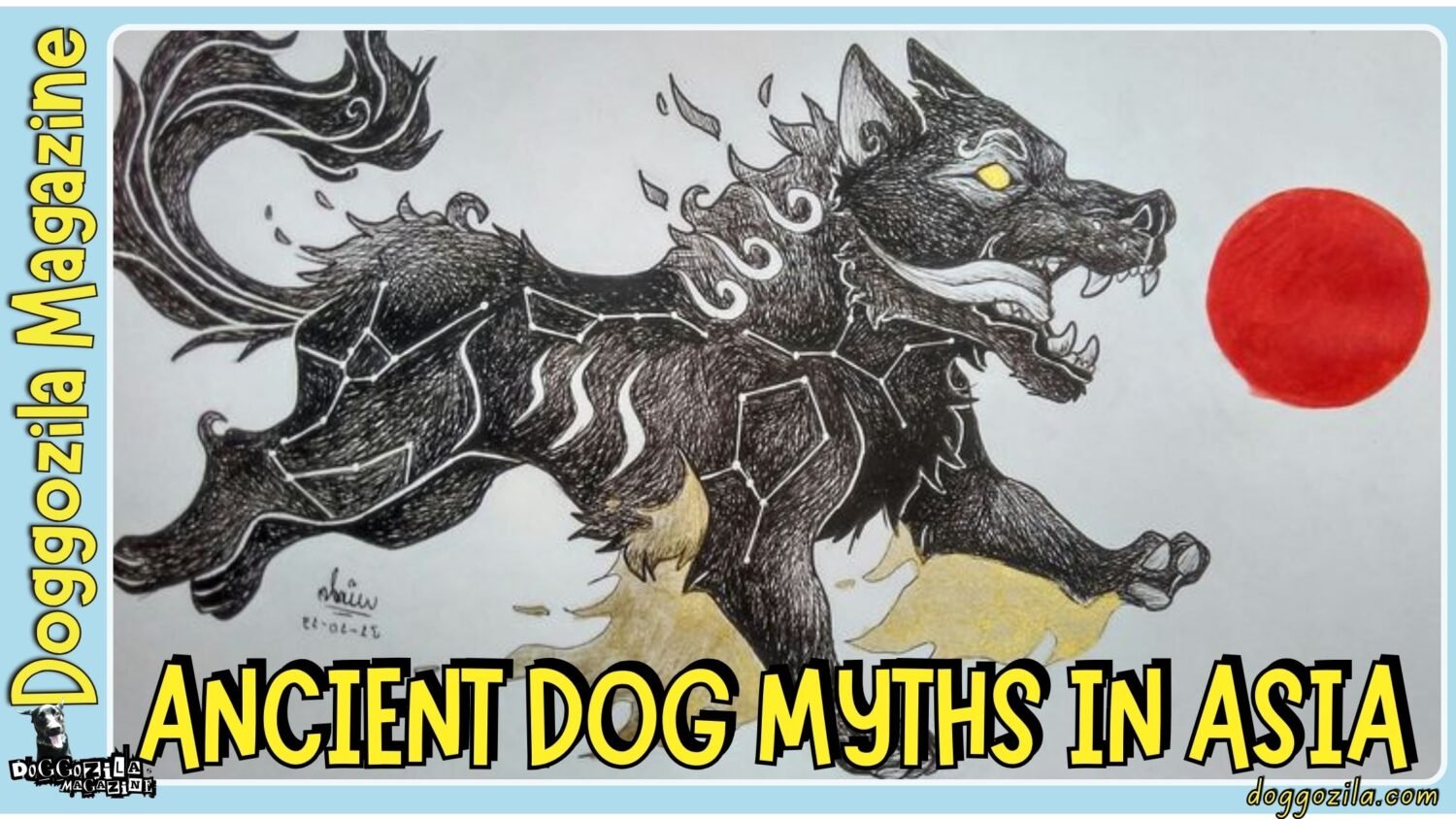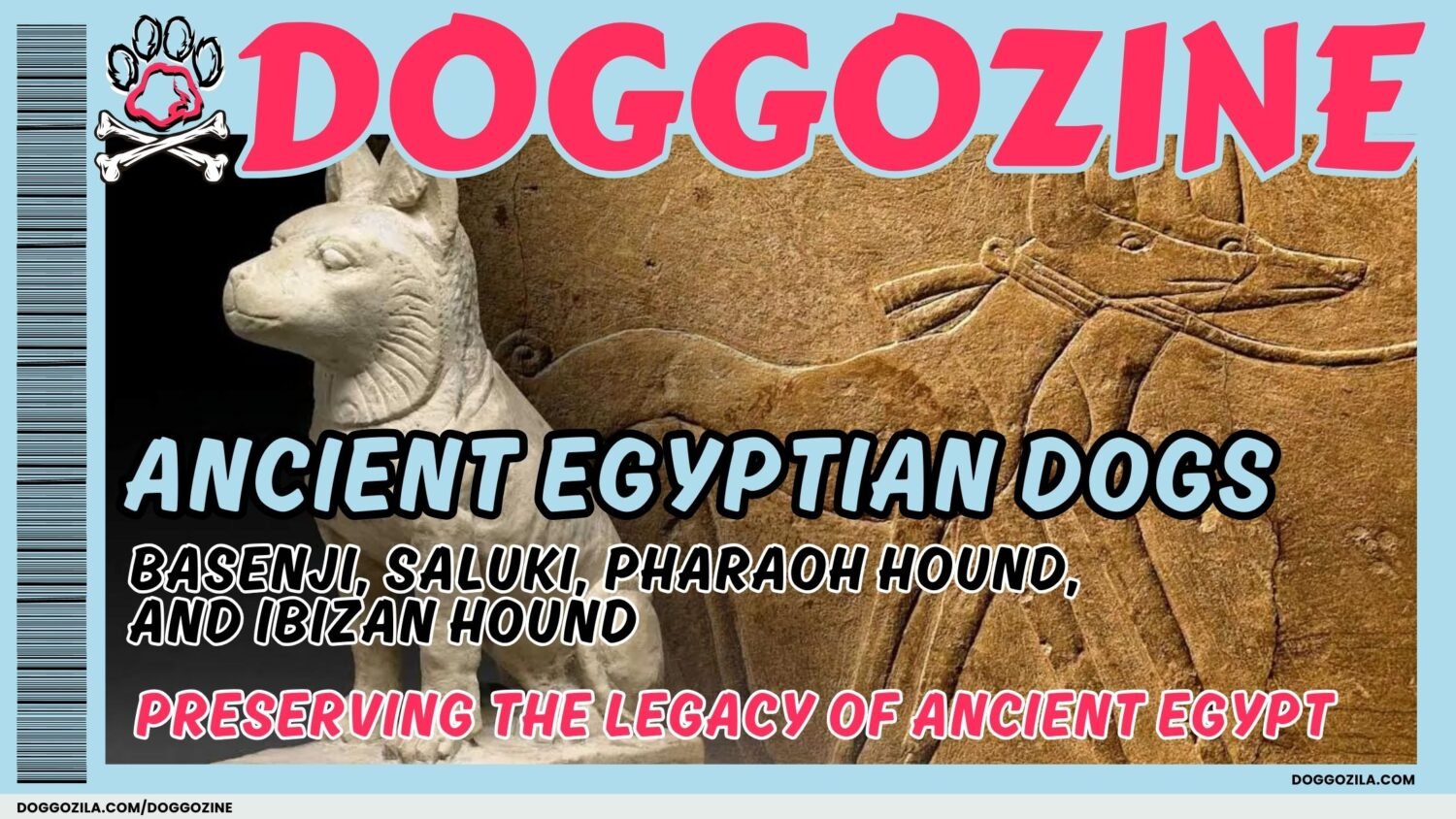
HOW DOGS REWRITE THE RULES OF RETENTION AND REPETITION
Do you ever wonder about the hidden brilliance of man’s best friend, the dog? We’re about to embark on a fascinating journey into the intricate workings of the genius canine mind, where memory, learning, and sheer cognitive prowess redefine our understanding. Imagine witnessing firsthand how dogs rewrite the rules of retention and repetition, reshaping traditional beliefs with groundbreaking revelations.
Unraveling The Secrets Behind Genius Canine Behavioral Patterns And Problem-Solving Skills
In this thought-provoking exploration, we’ll delve deep into the cognitive abilities of our beloved companions, unraveling the secrets behind their behavioral patterns and problem-solving skills. As we navigate through innovative training methods and transformative techniques, you’ll witness the remarkable bond between dogs and their owners strengthen through positive reinforcement and mutual understanding.
Join us in uncovering the profound impact of genius canine cognition on training methodologies, unlocking the full potential of every furry friend and forging an unbreakable bond that transcends mere companionship.
Get ready to be captivated by real-life success stories, expert insights, and a glimpse into the future of genius canine training, guided by a revolutionary approach that promises to reshape the way we perceive our four-legged companions. This article will show you the path to unleash the genius canine within and witness a new era of understanding and connection with our faithful friends.
Understanding the Cognitive Abilities of Genius Canine
Have you ever wondered about the cognitive abilities of our beloved canine companions? Recent studies have shed light on the remarkable mental capabilities of dogs, challenging our understanding of their behavior and intelligence.
Dogs possess a keen ability to learn and adapt to their environment. They are able to form strong associations between cues and actions, allowing them to respond to commands and navigate complex social situations. This is evident in their ability to learn tricks, follow hand signals, and even assist humans with disabilities.
The Power of Observation
One fascinating aspect of genius canine cognition is their ability to learn through observation. Dogs have been shown to learn new behaviors simply by watching other dogs or even humans perform them. This suggests that they possess a high level of social intelligence and are able to understand and replicate the actions of others.
Problem-Solving Skills
In addition to their observational learning abilities, dogs also demonstrate impressive problem-solving skills. When faced with a challenge, such as figuring out how to retrieve a treat from a puzzle toy, dogs will often persist until they find a solution. This showcases their ability to think critically and adapt their behavior to achieve a desired outcome.
🔑 Key Points: Dogs possess remarkable cognitive abilities, including the capacity to learn through observation and solve problems, highlighting their intelligence and adaptability.
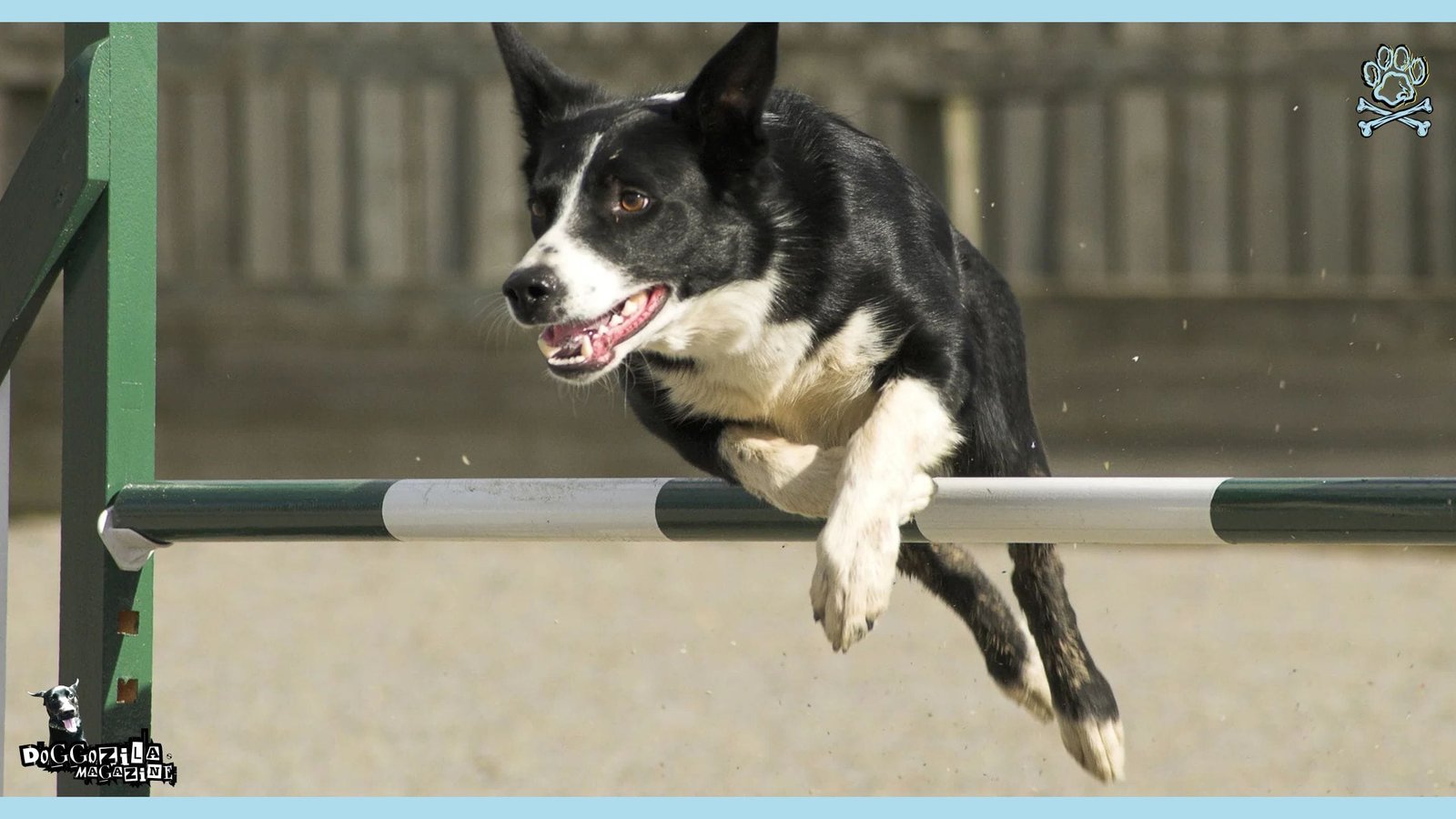
INSIGHTS INTO INNOVATIVE TRAINING METHODS TO UNLOCK THE GENIUS CANINE WITHIN
As our understanding of genius canine cognition expands, so too do the opportunities for innovative training methods. Traditional obedience training, which relies heavily on commands and repetition, is being complemented by new approaches that harness the power of positive reinforcement and operant conditioning.
The Power of Positive Reinforcement
Positive reinforcement training involves rewarding desired behaviors with treats, praise, or other incentives. This approach has been shown to be highly effective in shaping dog behavior, as it encourages them to repeat the actions that lead to positive outcomes.
By focusing on rewarding good behavior, rather than punishing bad behavior, positive reinforcement training helps to build a strong bond between dog and owner. It also promotes a more positive and stress-free learning environment, which can lead to faster and more reliable results.
Operant Conditioning: Shaping Behavior Through Consequences
Operant conditioning is another powerful training tool that relies on the principles of cause and effect. In this approach, dogs learn that their actions have consequences, and they are more likely to repeat behaviors that lead to desirable outcomes.
For example, if a dog sits on command and is immediately rewarded with a treat, they are more likely to sit again in the future when given the same command. Over time, this association between the command, the action, and the reward becomes strongly ingrained, leading to reliable and consistent behavior.
Tailoring Training to Individual Needs
One of the key benefits of these innovative training methods is their flexibility. They can be adapted to suit the unique needs and personalities of individual dogs, ensuring that each canine receives the most effective and engaging training possible.
🔑 Key Points: Innovative dog training methods, such as positive reinforcement and operant conditioning, offer powerful tools for shaping canine behavior and promoting a strong bond between dog and owner.

THE SCIENCE BEHIND THE LEARNING PROCESS FOR GENIUS CANINE
To truly understand how dogs learn, it’s important to delve into the science behind their cognitive processes. By exploring the ways in which dogs acquire new skills and retain information, we can develop more effective training programs that harness their natural abilities.
The Role of Repetition
Repetition plays a crucial role in a dog’s learning process. When a behavior is consistently rewarded, it becomes more firmly established in the dog’s mind. This is why consistent training sessions are so important – they help to reinforce the connection between a cue and a desired action.
The Importance of Mental Stimulation
In addition to repetition, mental stimulation is also key to promoting effective learning in dogs. By providing them with challenging and engaging activities, such as puzzle toys or scent work, we can help to keep their minds sharp and receptive to new information.
The Application of Behavior Analysis
The field of behavior analysis offers valuable insights into how dogs learn and how we can optimize their training. By breaking down complex behaviors into smaller, more manageable components, we can create training programs that are tailored to each dog’s individual needs and abilities.
🔑 Key Points: Understanding the science behind dogs’ learning processes, including the role of repetition, mental stimulation, and behavior analysis, is essential for developing effective and engaging training programs.

EXPLORING THE STUDY: ASSOCIATING CUES WITH ACTIONS
The groundbreaking study published in the Journal of Comparative Psychology offers fascinating insights into dogs’ ability to associate cues with specific actions. By exploring the study’s methodology, we can gain a deeper understanding of how dogs learn and retain information.
„In the study, researchers trained dogs to perform specific actions in response to distinct cues, such as hand gestures or spoken commands. Through repeated training sessions, the dogs learned to associate each cue with a corresponding action, such as putting their feet up on a stool or pulling down a box.“
Developing Problem-Solving Skills
One of the key findings of the study was that dogs were able to apply their learned associations to solve problems in real-life situations. For example, when presented with a new challenge, such as retrieving a treat from a difficult-to-reach location, the dogs were able to draw upon their previous training to find a solution.
This highlights the impressive problem-solving skills of dogs and suggests that they are capable of applying learned concepts to novel situations.
🔑 Key Points: The study’s methodology, which involved associating cues with specific actions, demonstrates dogs’ ability to learn and apply their knowledge to solve problems in real-life situations.
Key Findings: How Dogs Comprehend Repetition and Retention
The research findings from the study provide compelling evidence of dogs’ ability to comprehend repetition and retain learned information. By exploring these findings in detail, we can gain a deeper appreciation for the remarkable cognitive abilities of our canine companions.
Demonstrating Repetition and Retention
In the study, dogs were able to demonstrate their understanding of repetition by performing learned actions multiple times in response to the same cue. This suggests that they are capable of forming strong associations between cues and actions, and can retain this information over time.
Additionally, the dogs were able to perform the learned actions even after a delay, indicating that they have the ability to retain and recall information even when it is not immediately reinforced.
Implications for Genius Canine Training
These findings have profound implications for the way we approach genius canine training. By recognizing dogs’ capacity for repetition and retention, we can develop training programs that are more effective and efficient.
For example, by consistently associating a specific cue with a desired action, and providing frequent opportunities for repetition, we can help dogs to form strong, lasting associations that will serve them well in a variety of situations.
The Importance of Consistency
Consistency is key when it comes to harnessing dogs’ ability to comprehend repetition and retention. By providing clear, consistent cues and rewards, we can create a training environment that is conducive to learning and long-term success.
🔑 Key Points: The study’s findings demonstrate dogs’ impressive ability to comprehend repetition and retain learned information, highlighting the importance of consistency in genius canine training.
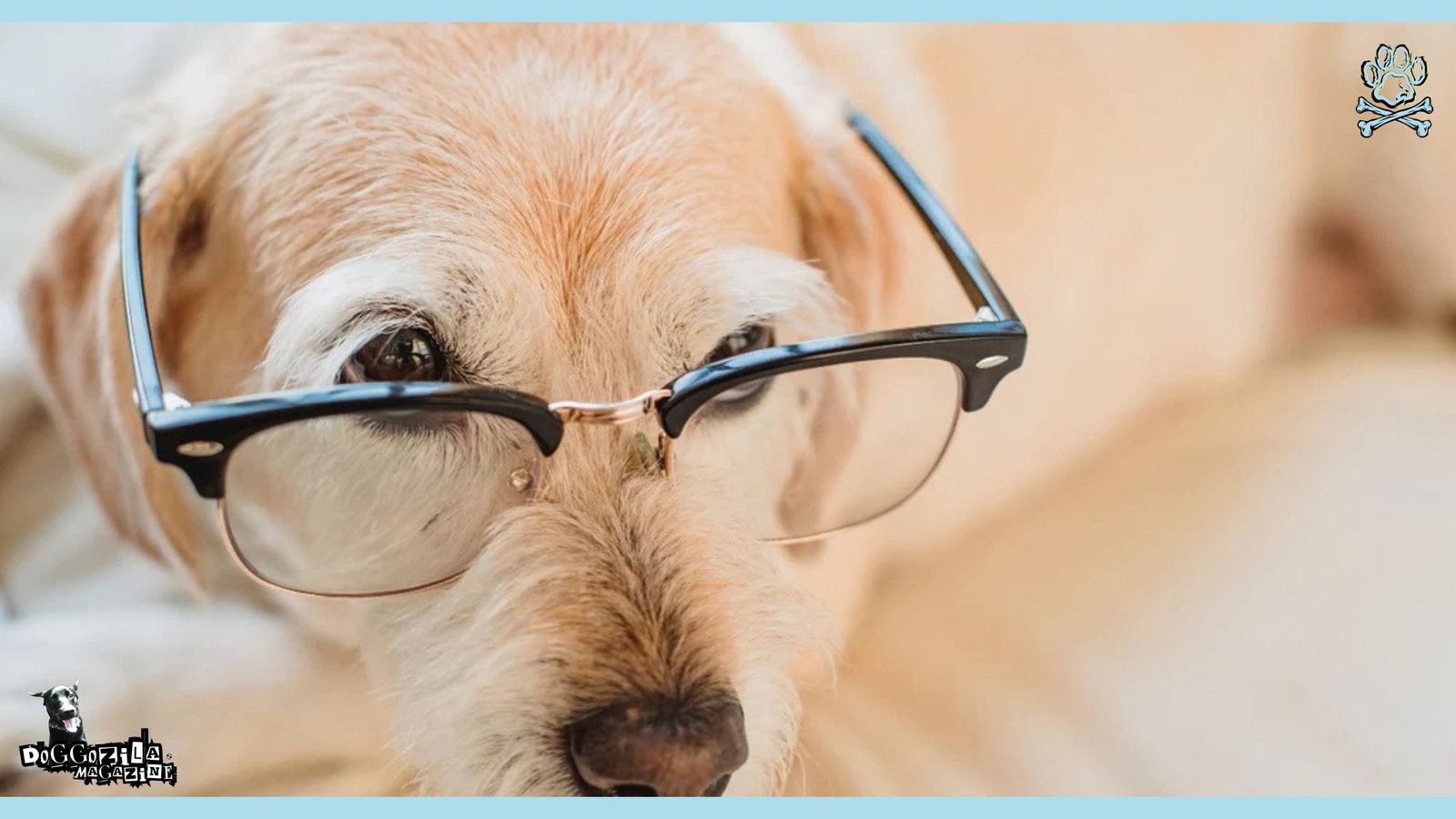
TRANSFORMATIVE TRAINING TECHNIQUES FOR EVERY GENIUS CANINE
Armed with an understanding of genius canine cognition and the science behind dogs’ learning processes, dog owners can implement transformative training techniques that unlock their furry friend’s full potential. These methods, which harness the power of positive reinforcement and mental stimulation, can help to create a stronger, more rewarding bond between dog and owner.
Positive Reinforcement Training
Positive reinforcement training is a highly effective approach that focuses on rewarding desired behaviors, rather than punishing unwanted ones. By consistently offering treats, praise, or other rewards when a dog performs a desired action, owners can encourage their furry friends to repeat those behaviors in the future. This approach not only leads to faster and more reliable results, but also helps to foster a more positive and enjoyable training experience for both dog and owner.
Incorporating Mental Stimulation
In addition to positive reinforcement, incorporating mental stimulation into a dog’s training regimen can have a profound impact on their cognitive development and overall well-being. Puzzle toys, scent work, and other engaging activities challenge dogs to use their minds in new and exciting ways, helping to keep them sharp and eager to learn.
Tailoring Training to Your Dog’s Unique Needs
One of the key benefits of these transformative training techniques is their adaptability. Each dog is unique, with their own personality, strengths, and challenges. By tailoring training to your dog’s specific needs, you can create a program that is both effective and enjoyable for your furry friend.
For example, if your dog is particularly energetic, you might focus on training activities that provide plenty of physical exercise and mental stimulation. If your dog is more reserved, you might opt for a gentler approach that emphasizes positive reinforcement and gradual progress.
Building a Stronger Bond
Ultimately, the goal of any training program should be to strengthen the bond between dog and owner. By working together towards common goals, and celebrating each success along the way, you can create a deeper, more meaningful connection with your furry friend.
🔑 Key Points: Transformative dog training techniques, such as positive reinforcement and mental stimulation, can be tailored to each dog’s unique needs, leading to a stronger, more rewarding bond between dog and owner.
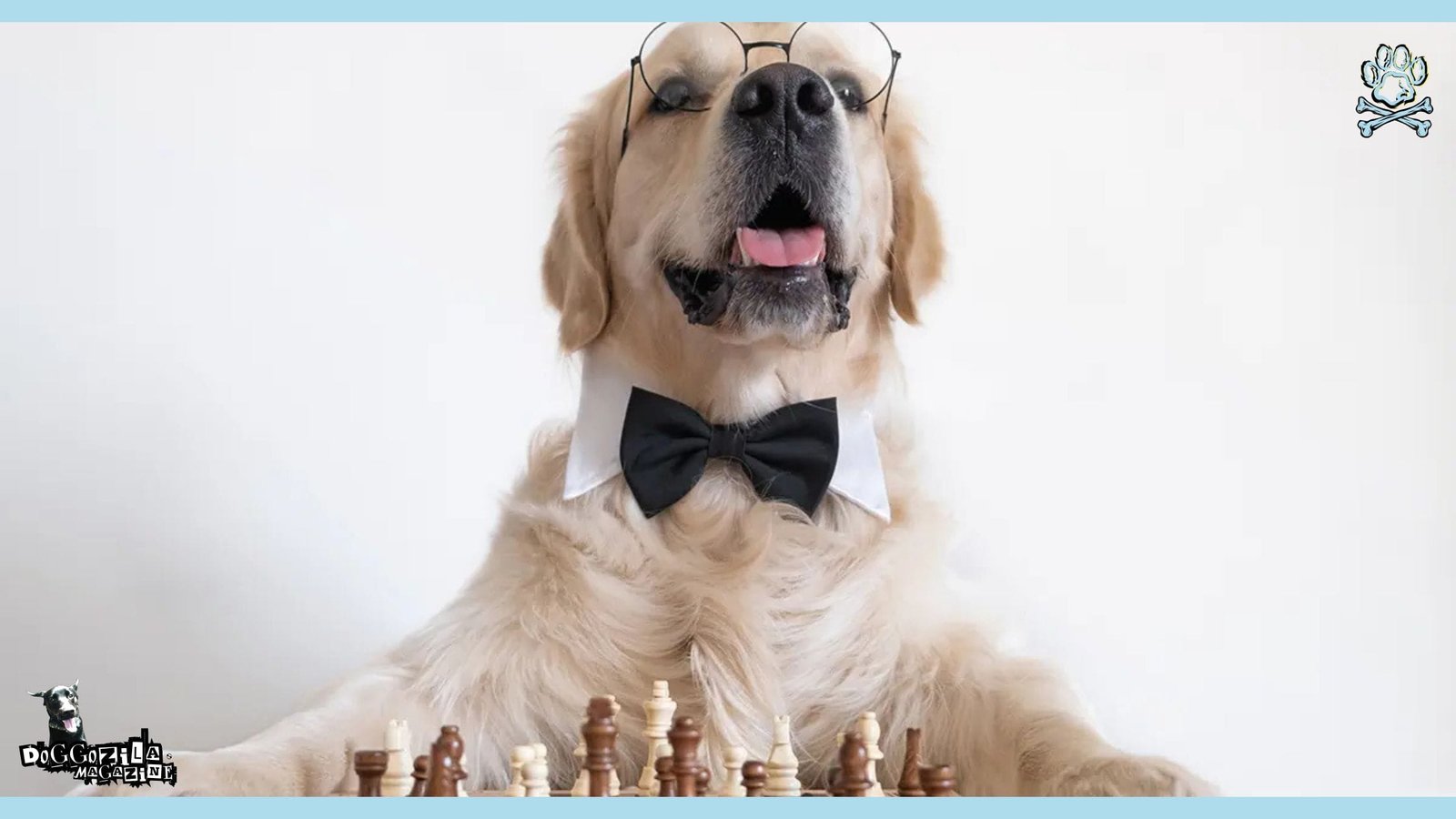
ENHANCING THE DOG-OWNER RELATIONSHIP THROUGH TRAINING
Training is not just about teaching dogs new tricks or behaviors, it’s also a powerful tool for enhancing the dog-owner relationship. By working together towards common goals, and celebrating each success along the way, owners can forge an unbreakable bond with their furry friends.
Building Trust and Communication
Effective training requires clear communication and trust between dog and owner. As you work together to master new skills, your dog will learn to trust and rely on you for guidance and support. This trust forms the foundation of a strong, healthy relationship that will last a lifetime.
Creating Shared Experiences
Training also provides opportunities for shared experiences and quality time together. Whether you’re practicing obedience skills in the backyard or exploring a new hiking trail, training allows you to engage with your dog in meaningful ways and create lasting memories.
Celebrating Successes Together
Each training success, no matter how small, is a cause for celebration. By regularly acknowledging and rewarding your dog’s progress, you can create a positive and supportive learning environment that strengthens your bond and reinforces your dog’s love of learning.
🔑 Key Points: Training is a powerful tool for enhancing the dog-owner relationship, building trust, creating shared experiences, and celebrating successes together.
Beyond Basic Commands: Unlocking Your Genius Canine Potential
While basic obedience commands like “sit,” “stay,” and “come” are essential, they barely scratch the surface of your dog’s true potential. By exploring more advanced training techniques and activities, you can unlock your furry friend’s full capabilities and provide them with the mental stimulation they crave.
- Teaching New Skills: Advanced training opens up a world of possibilities for your dog. From agility courses and scent work to tricks and therapy work, there are countless ways to harness your dog’s unique talents and interests. By consistently introducing new skills and challenges, you can keep your dog engaged and motivated to learn.
- Providing Mental Stimulation: Just like humans, dogs need mental stimulation to stay sharp and happy. Advanced training activities provide a wealth of opportunities for mental enrichment, challenging your dog to think critically, solve problems, and use their innate intelligence in new and exciting ways.
- Boosting Confidence and Self-Esteem: As your dog masters new skills and overcomes challenges, their confidence and self-esteem will soar. This newfound self-assurance can translate into improved behavior and a more positive outlook on life, both at home and out in the world.
🔑 Key Points: Advanced training techniques and activities can unlock your dog’s full potential, providing mental stimulation, boosting confidence, and strengthening the bond between dog and owner.
Training Implications: Tailoring for the Unique Qualities of Your Genius Canine
While the principles of effective dog training are universal, the specific techniques and approaches used can vary depending on your dog’s unique qualities. By tailoring training to your dog’s breed, personality, and individual needs, you can create a program that is both effective and enjoyable.
- Considering Breed Characteristics: Different dog breeds have different characteristics and tendencies that can impact their training. For example, herding breeds like Border Collies and Australian Shepherds may require more mental stimulation and physical activity than more laid-back breeds like Basset Hounds or English Bulldogs.
- Adapting to Individual Personalities: Even within the same breed, individual dogs can have vastly different personalities and learning styles. Some dogs may be more independent and stubborn, while others may be eager to please and quick to learn. By adapting your training approach to your dog’s unique personality, you can create a program that plays to their strengths and helps them to thrive.
🔑 Key Points: Effective dog training should be tailored to each dog’s unique qualities, taking into account breed characteristics, individual personalities, and specific needs.
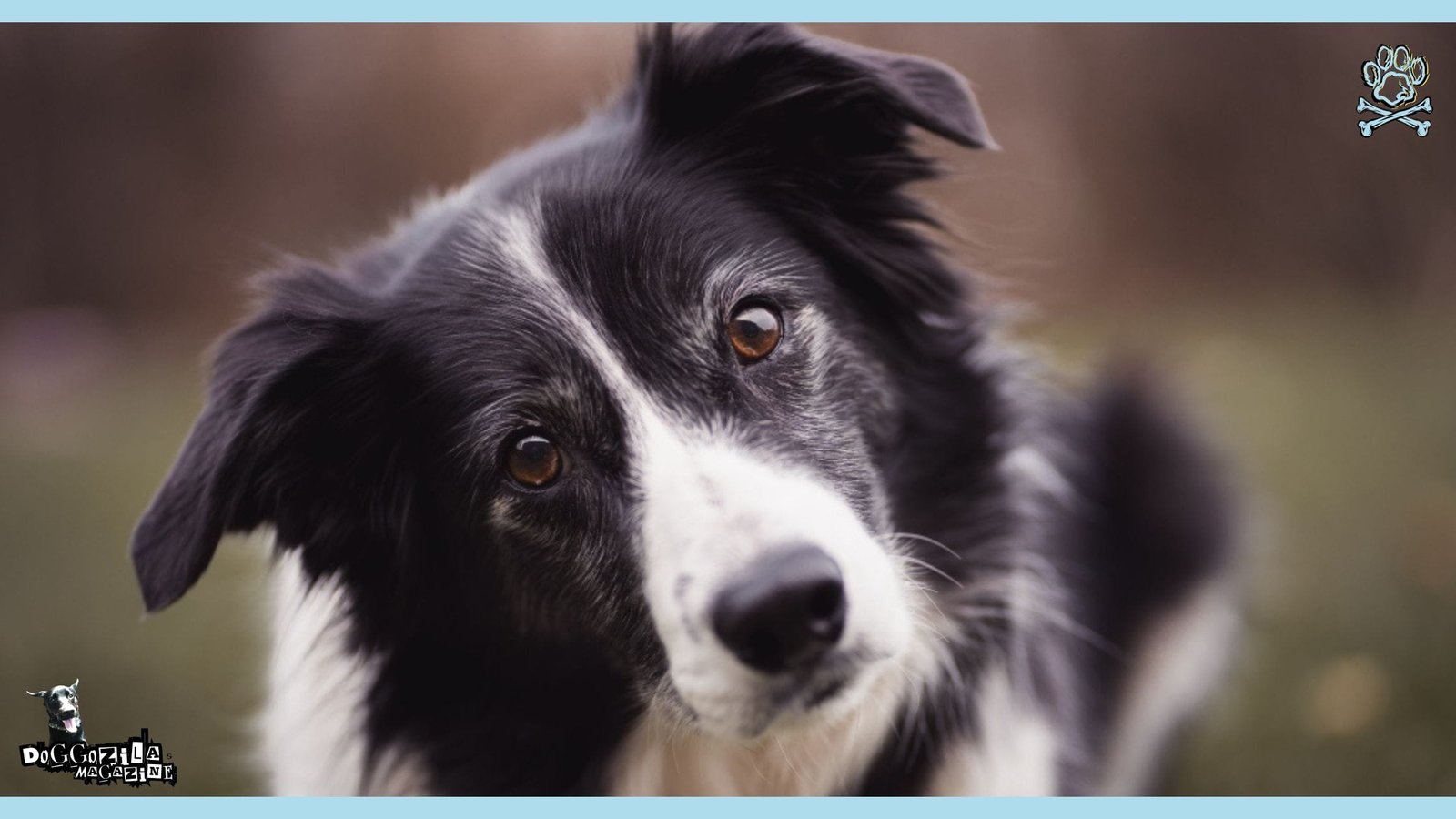
SUCCESS STORIES: REAL-LIFE IMPACT OF GENIUS CANINE TRAINING
The positive impacts of advanced dog training extend far beyond the confines of the training field. From therapy dogs bringing comfort to hospital patients to search-and-rescue dogs saving lives in disaster zones, the real-life applications of advanced training are truly inspiring.
The Story of Abe
One such success story is that of Abe, a spirited Border Collie who underwent intensive training to become a certified therapy dog. Thanks to his advanced skills and loving nature, Abe now brings joy and comfort to countless individuals in hospitals, nursing homes, and schools. Abe’s story has garnered press coverage and serves as a powerful testament to the transformative power of advanced dog training.
Improving Lives, One Dog at a Time
Abe is just one example of the many dogs whose lives have been enriched through advanced training. Whether they’re competing in agility trials, assisting individuals with disabilities, or simply enjoying a deeper bond with their owners, these dogs demonstrate the immense potential that lies within every canine companion.
🔑 Key Points: Real-life success stories, like that of Abe the therapy dog, showcase the transformative power of advanced dog training and its potential to improve lives.
The Future of Genius Canine Training: A Look Ahead
As our understanding of genius canine cognition continues to evolve, so too does the field of dog training. With each passing year, new techniques, technologies, and insights emerge, promising to revolutionize the way we interact with and train our furry friends.
- Advances in Positive Reinforcement: One area of particular excitement is the continued refinement of positive reinforcement training techniques. As more and more trainers and owners embrace this approach, we can expect to see even more innovative and effective ways to harness the power of rewards-based learning.
- The Role of Technology: Technology is also playing an increasingly important role in the future of genius canine training. From smartphone apps that help owners track their dog’s progress to virtual reality simulations that provide immersive training experiences, the possibilities are endless.
🔑 Key Points: The future of genius canine training is bright, with advances in positive reinforcement techniques and innovative technologies promising to revolutionize the way we interact with and train our dogs.
Understanding the Role of Reinforcement in Genius Canine Training
At the heart of effective dog training lies the concept of reinforcement. By consistently rewarding desired behaviors, trainers can encourage dogs to repeat those behaviors in the future, leading to long-term success.
- The Power of Positive Reinforcement: Positive reinforcement training, which focuses on rewarding good behavior rather than punishing bad behavior, has been shown to be highly effective in shaping canine behavior. By providing treats, praise, or other rewards when a dog performs a desired action, trainers can create a positive association between the behavior and the reward.
- The Pitfalls of Punishment: In contrast, the use of punishment in dog training can be counterproductive and even harmful. Punishment-based techniques, such as scolding or physical correction, can lead to fear, anxiety, and aggression in dogs, undermining the trust and bond between dog and owner.
🔑 Key Points: Positive reinforcement training, which focuses on rewarding desired behaviors, is a powerful and effective approach to shaping canine behavior, while punishment-based techniques can be counterproductive and harmful.
Empowering Your Furry Friend: Unlocking Latent Intellect
Advanced dog training is not just about teaching new tricks or behaviors – it’s about empowering your furry friend to reach their full potential. By providing mental stimulation, positive reinforcement, and consistent training, you can unlock your dog’s latent intellect and help them to thrive.
- The Importance of Mental Stimulation: Just like humans, dogs need mental stimulation to stay sharp and engaged. Advanced training activities, such as scent work, agility courses, and puzzle toys, provide a wealth of opportunities for mental enrichment, challenging your dog to think critically and use their innate problem-solving skills.
- Building an Unbreakable Bond: Training is also a powerful tool for strengthening the bond between dog and owner. As you work together towards common goals, celebrating each success along the way, you’ll forge a deep and unbreakable connection with your furry friend.
- The Emotional Benefits of Training: In addition to the cognitive benefits, advanced training can also have a profound impact on your dog’s emotional well-being. By providing a sense of purpose, accomplishment, and connection, training can help to reduce stress, anxiety, and other behavioral issues, leading to a happier, healthier dog.
🔑 Key Points: Advanced dog training empowers your furry friend to reach their full potential, providing mental stimulation, building an unbreakable bond, and promoting emotional well-being.
Final Thoughts About Unlocking the Latent Intellect in Your Genius Canine
In this article, “The Genius Canine: Unlocking The Latent Dog Intellect” encapsulates the fascinating realm of genius canine cognitive abilities and innovative training methods that redefine the bond between dogs and their owners. By understanding the science behind dogs’ learning process and exploring transformative training techniques, every dog owner can unlock their furry friend’s full potential and strengthen the unbreakable bond shared with their canine companion.
The blog envisions a future where the revolutionary approach to dog training, exemplified by practitioners like Adrienne Farricelli, empowers dogs to overcome behavioral challenges and embrace their latent intellect. With a focus on positive reinforcement and tailored training methods, readers can expect real-life transformations in their dog’s behavior, fostering a harmonious relationship built on trust and mutual understanding.
Thank you for embarking on this insightful journey into the cognitive wonders of man’s best friend.

Embrace the possibilities, and witness the transformative impact of unleashing your dog’s innate intelligence and potential.








